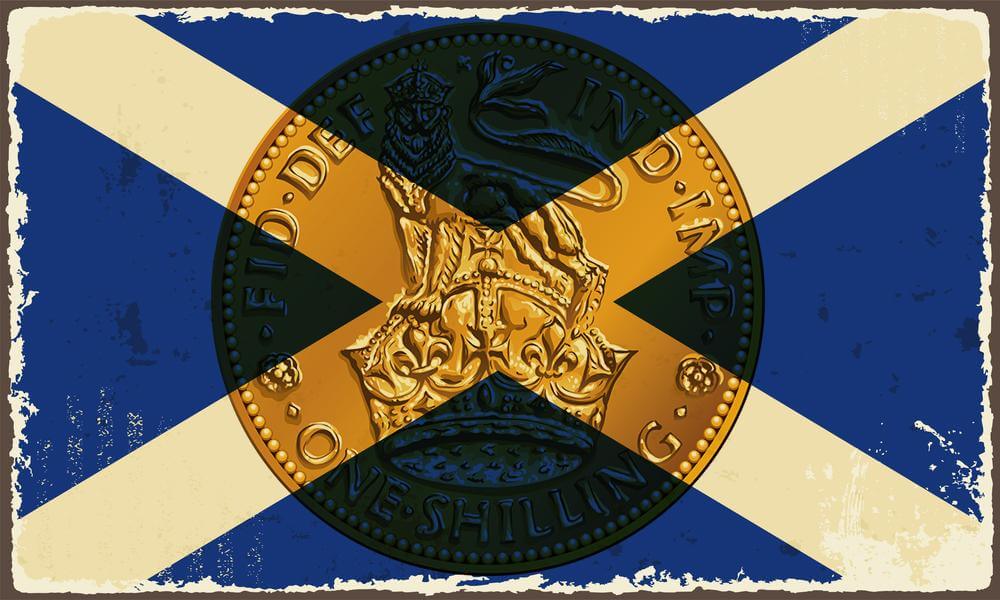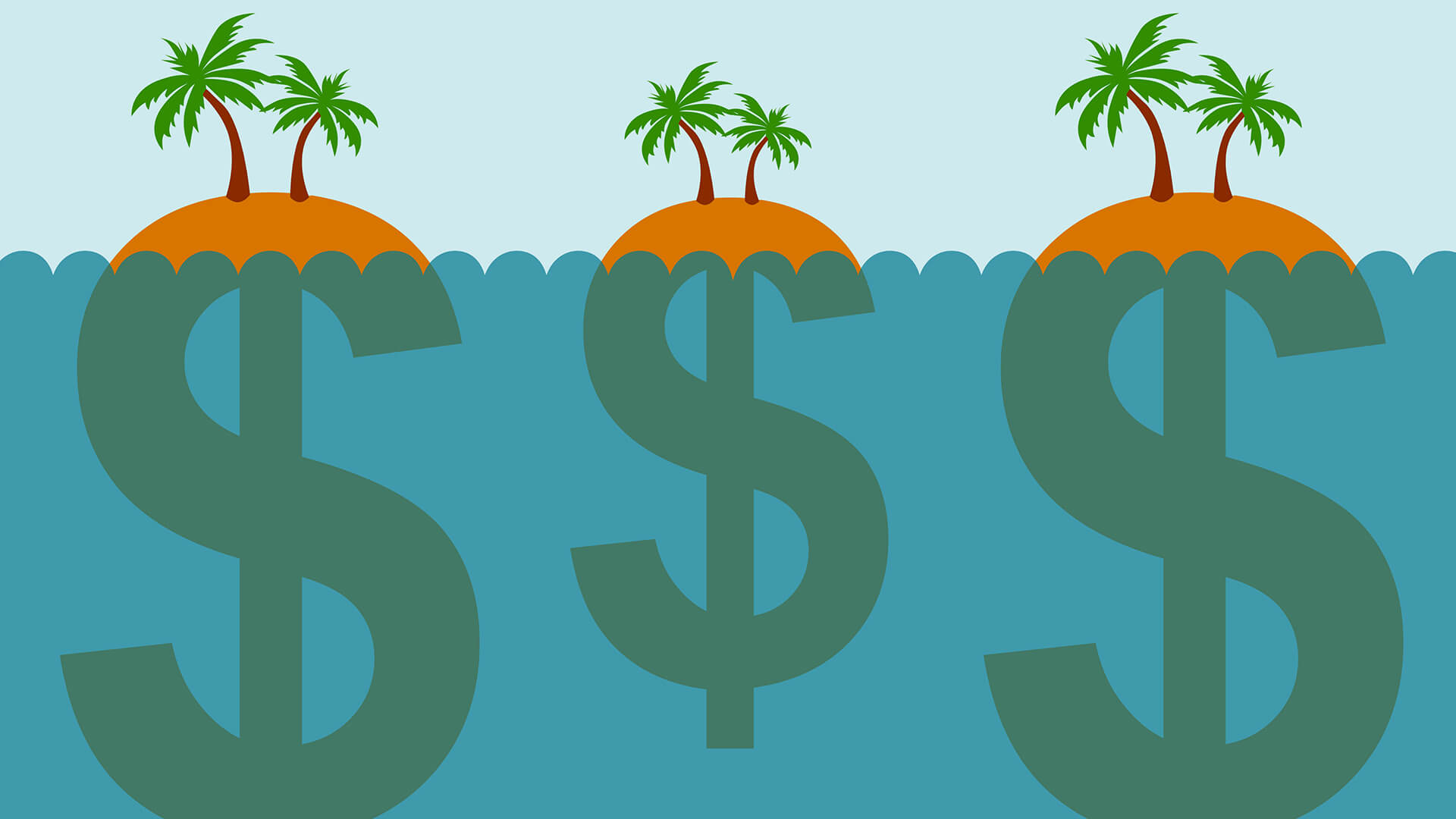
In recent months, the topic of economic uncertainty has been on everybody’s lips. The International Monetary Fund (IMF) no longer expects the UK to head into recession, but there is no denying that these have been – and still are – financially challenging times.
The world of business and economy operates in cycles, characterised both by periods of exuberance and depression. But predicting when these moments will come, especially the low points, is no easy task, so it’s always worth being prepared.
In fact, the storms of low points and recessions can bring good opportunities for private equity investments, particularly if you know what sectors to look out for and what type of businesses to avoid.
Maven, one of the UK’s leading private equity investment managers, highlights how temporary times of difficulty could lead to beneficial success in the long term.
Investing in times of low growth
Times of downturn can pave the way for opportunities that may not have been accessible during a bull market.
As opposed to periods where assets and share prices are rising, Maven’s Bill Nixon explains that moments of turbulence come with the chance to buy low.
“Let’s take the Great Financial Crisis of 2008/9 as an example,” Bill Nixon said. “Corporate and consumer confidence was at a low ebb, banks were effectively closed for business, and private companies were available to acquire or invest in at valuations not seen for many years.
“For those who continued to actively invest at that time, the vintage returns turned out to be some of the best in recent years.
“In this respect, American magnate Warren Buffet once said to ‘invest when others are fearful’, which reinforces this point. The best value is often available when confidence is low or capital is in short supply.
“Instead, when buyers of assets are exuberant and capital is plentiful, that naturally drives higher prices – until there is an equally natural correction.”
Even in a time of economic contraction, the core principles of investing remain the same. Of course, prices will vary depending on market forces and conditions, but quality will always have the upper hand.
It is always important to engage the best people to manage your investments. When considering a private equity firm, one of the factors you need to consider is the quality of the team – it is those people that will be proactively managing those assets over the medium- to long-term, driving value creation.
Which sectors to pick in a low growth economy?
It may be tempting to see out a period of downturn without investing. But the reality is that you may be missing out on interesting opportunities, as there are companies and sectors that tend to perform well during economic turbulence.
While there are no guarantees, here are some of the areas that are worth considering in times of downturn:
- Technology and cybersecurity –Technology advancements and innovation continue despite economic downturns. In some instances, these businesses may even witness an increased demand for their services during a period of turbulence, as technology can help people navigate through troubling times.
- Consumer staples –Businesses that provide essential goods and services, including household products and food, are more likely to be more resilient during a recession. This is because people will continue using and buying these necessities regardless of the challenging times ahead.
- Healthcare –Generally, healthcare is another recession-resistant sector. The need for medical services is unlikely to be impacted by economic fluctuations, meaning that businesses involved in pharmaceuticals or healthcare facilities and equipment will still see a steady, regular demand.
On the other hand, however, there are some sectors that you may want to steer clear of in a recession. This is particularly true for cyclical industries that sell non-essential items and rely on consumers’ discretionary spending.
Other sectors that are susceptible to times of economic constriction include leisure, travel and tourism, and retail, as they all offer services and products that people – in a financially delicate situation – can go without.
Finally, the same goes for highly-leveraged companies. As well as already struggling to sustain their debt payments, these businesses might face a decrease in revenue, on top of a wide range of other challenges brought about by the recession.
It is always wise to stay diversified by spreading your investments across different industries and asset classes to reduce your risk – and most importantly, stay patient.
All in all, as with any investment decision, it is crucial to do your research and seek advice from experienced professionals. This way, you can receive personalised advice and make informed choices based on your own goals.


























